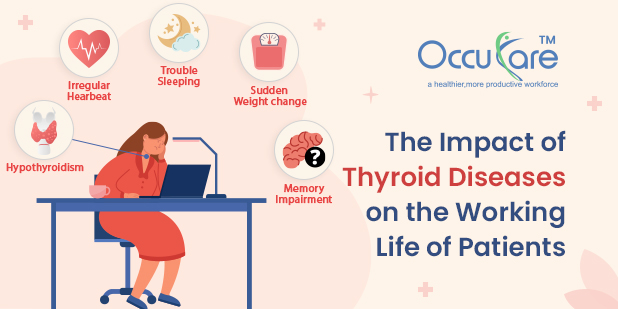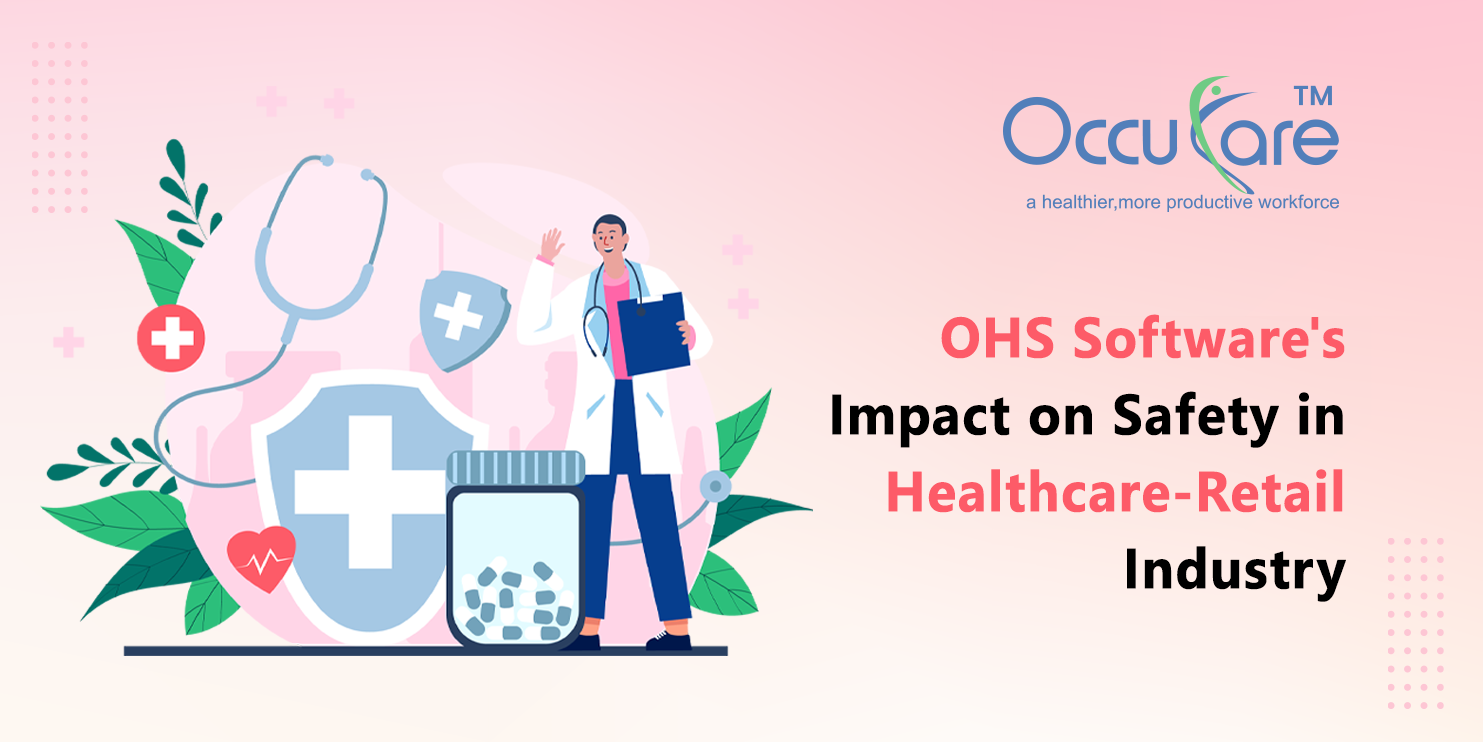What exactly is the thyroid?
The thyroid gland is a tiny organ that wraps around the throat in the front of the neck (trachea). It has the form of a butterfly, with two main wings that wrap around the side of your throat. An organ is a thyroid. Across your body, glands produce and release substances that assist your body in performing certain tasks. Your thyroid produces hormones that aid in the regulation of many bodily systems.
When your thyroid isn’t functioning properly, it can have a negative impact on your entire body. Hyperthyroidism is a disorder that occurs when your body produces too much thyroid hormone. Hypothyroidism occurs when your body produces too little thyroid hormone. Both of these illnesses are dangerous and require medical attention. Also, check out the best Occupational Health and Safety Software.
What is the thyroid’s function?
Your thyroid is responsible for releasing and managing thyroid hormones that regulate metabolism in your body. Metabolism is the process by which the food you eat is converted into energy. This energy is used all over your body to maintain many of your body’s systems functioning properly. Consider your metabolism to be a generator. It absorbs raw energy and transforms it into something more powerful.
T4 (thyroxine, which includes four iodide atoms) and T3 (thyroid hormone) are two hormones that regulate your metabolism (triiodothyronine, contains three iodide atoms). The thyroid produces these two hormones, which tell the body’s cells how much energy to use. When your thyroid is fully functional, it will produce the appropriate number of hormones to keep your metabolism running smoothly. The thyroid produces substitute hormones as needed.
The pituitary gland is in charge of overseeing all of this. The pituitary gland, located below the brain in the centre of the skull, monitors, and controls the number of thyroid hormones in your bloodstream. When the pituitary gland detects a deficiency in thyroid hormones or an excess of hormones in the body, it adjusts the quantities with its own hormone. Thyroid-stimulating hormone is the name of this hormone (TSH). The TSH will be given to the thyroid, which will tell it what has to be done to restore normalcy to the body.
What does thyroid illness entail?
Thyroid disease is a broad term for a medical problem in which your thyroid fails to produce enough hormones. Normally, your thyroid produces hormones that keep your body running smoothly. Your body uses energy too quickly when the thyroid produces too much thyroid hormone. This is referred to as hyperthyroidism. Using energy too quickly might cause your heart to race, lead you to lose weight without trying, and even make you nervous. On the other hand, your thyroid gland may produce insufficient thyroid hormone. This is referred to as hypothyroidism. Whenever your thyroid hormone levels are too low, you may feel weary, gain weight, or be unable to endure cold temperatures. A number of factors can contribute to these two major illnesses. Families can also pass them down (inherited).
Impact:
Several research looked into the impact of thyroid disease on patients’ ability to work. A Swedish study looked at the job abilities of 174 people with Graves’ hyperthyroidism during the time between the onset of the disease and the start of treatment, as well as after the treatments were started. Sixty-five percent of patients said they could manage their professional employment before starting therapy, and 63 percent said therapies had a little or minor impact on their capacity to work, however, 19 percent said they couldn’t work or could only work with significant constraints for 1–3 months.
Over one-third (35.3%) of patients treated for Graves’ hyperthyroidism who had full-time employment at the time of diagnosis were unable to return to work after the disease was cured. 29.5 percent of this group has been officially classified as fully or partially disabled. Interestingly, despite a 12-month remission of hyperthyroidism, this investigation could highlight the persistence of patients’ sickness complaints in terms of vegetative, cognitive neuropsychological, and emotional problems. Impaired memory, inaccuracy or forgetting concerns, and a sense of being restricted in doing a variety of duties were among them. Even though the authors did not look at a direct link, a hypothetical link between perceived complaints and occupational outcomes cannot be ruled out.
Thyroid disease patients, including Graves’ disease, autoimmune hypothyroidism, and various thyroid diseases other than goitres and GO, showed considerably lower scores on the global workability questions than the general population. Patients with Graves’ illness reported that their work skills had deteriorated in the first year after diagnosis, particularly in terms of mental demands.
If you have thyroid illness, you may suffer a wide range of symptoms. Unfortunately, thyroid symptoms are frequently confused with those of other medical diseases and life stages. This makes determining whether your symptoms are caused by a thyroid problem or something else challenging. Thyroid disease symptoms can be split into two groups: those caused by too much thyroid hormone (hyperthyroidism) and those caused by too little thyroid hormone (hypothyroidism).
Symptoms of hyperthyroidism (an overactive thyroid) include:
- Anxiety, impatience, and nervousness are present.
- I’m having difficulty sleeping
- Weight loss
- Having a goitre or an enlarged thyroid gland
- Having tremors and physical weakness
- You are having irregular menstrual cycles or your menstrual cycle has stopped
- Heat makes me uncomfortable
- Having visual issues or inflammation in the eyes
Hypothyroidism (underactive thyroid) causes the following symptoms:
- I’m completely spent (fatigue)
- Increasing my weight
- I’m having problems recalling information
- Menstrual periods that are heavy and frequent
- Hair that is coarse and dry
- Inability to communicate clearly
- Being susceptible to cold temperatures
With thyroid disease, is it possible to live a normal life?
Thyroid illness is frequently a lifelong medical condition that requires continual management. This frequently entails taking medication on a daily basis. Your healthcare practitioner will keep track of your treatments and make changes as needed. With thyroid disease, however, you can normally lead a regular life. It may take some time to locate the correct therapy choice for you and regulate your hormone levels, but once you do, persons with these illnesses may usually live a normal life..





